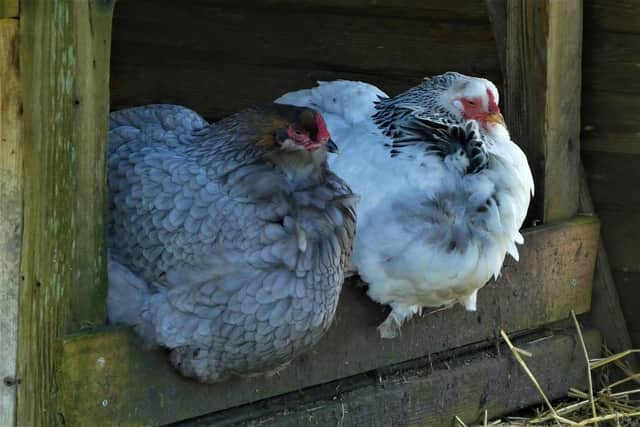Avian flu: Warning issued by South Yorkshire council amid 'increasing number' of bird flu cases across country
and live on Freeview channel 276
An Avian Influenza Prevention Zone (AIPZ) has been declared following an outbreak of H5N1 avian flu in captive and wild birds.
New measures came into force on November 29 that legally require all keepers to house their birds, to keep them separate from wild birds.


Advertisement
Hide AdAdvertisement
Hide AdThe measures have been introduced in response to an increasing number of recent confirmed cases of avian flu across England, to limit the spread of the disease.
Tom Smith, Rotherham Council’s assistant director of community safety and street scene said: “Whilst there are currently no confirmed cases of Avian Flu in Rotherham, we are asking people who keep birds to take steps to keep it that way.
“Whether you keep a few birds in your back garden or are running a large-scale commercial operation – you should maintain good biosecurity at all times and keep a close watch for signs of disease. If you have any concerns about their health, seek prompt advice from your vet.
“However, Public Health England has confirmed the risk to the public is very low, and the Food Standards Agency advises that bird flu poses a very low food safety risk for UK consumers.”
Members of the public should report dead wild birds to the DEFRA helpline on 0345 933 5577 and report any suspicion of disease to APHA on 03000 200301.
